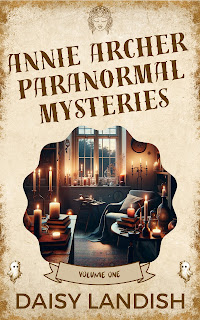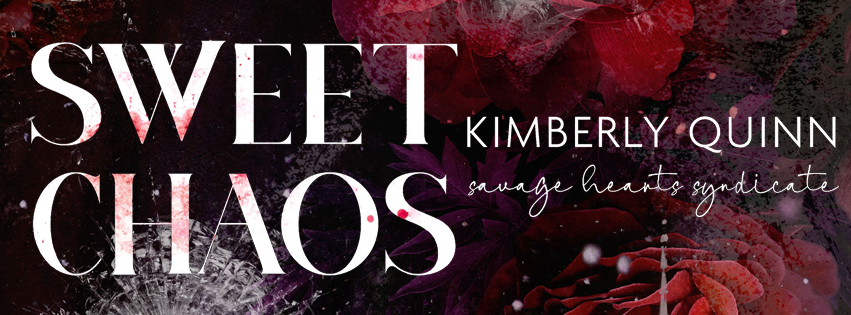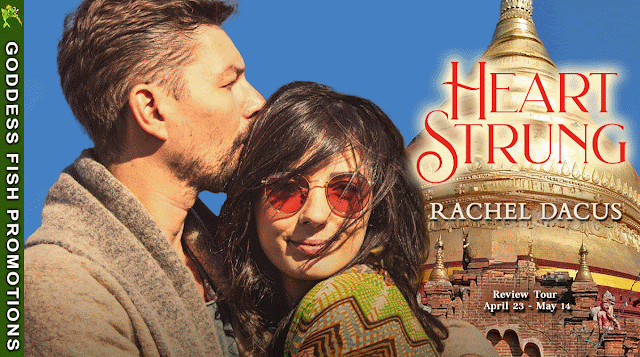The Art of Self-Supervision
Studying the link between self-reflection and self-care
by Laurie Ponsford-Hill
GENRE: Self-help, Non-fiction
BLURB:
At last, the field of relational therapy has a technique for the art of self-supervision. Everyone agrees that supervision is essential, however the ultimate goal of supervision is to provide a tool beyond supervision for self-supervision. This book captures the primary ingredients of self-supervision and proves the link between self-reflection and self-care. No matter where you are on your journey as a professional, The Art of Self-Supervision: Studying the link between self-reflection and self-care will lead you to a process to tune into your own expert guidance and a greater capacity to help yourself.
Purchase The Art of Self-Supervision on
AMAZON.COM ~ AMAZON.CA ~ Barnes & Noble ~ INDIGO CHAPTERS ~ BOOK DEPOSITORY
Excerpt:
Finally, Cameron (2007) influenced this journey. She examined the factors discouraging art therapists from engaging in self-nurturing and self-reflective practice, observing that the artist is likely to avoid artist dates, and suggesting that this is caused by resistance and fear of self-intimacy. Noting that avoidance is common in difficult relationships, she believes that, in such instances, the therapist wishes to avoid self-disclosure because it will involve acknowledging and expressing possibly hurtful information. She adds that, despite its inherent challenges, self-disclosure brings true intimacy within a relationship, stating,
In order to have a real relationship with our creativity, we must take the time and care to cultivate it. Our creativity will use this time to confront us, to confide in us, to bond with us, and to plan. (Cameron, 2007, p. 35).
Further, Cameron (2007) believed that engaging in creativity is a spiritual experience and designed her intervention to enable the individual to recognize, nurture, and protect his/her inner artist. Understanding that participation, in an art practice, allows the individual to move beyond pain and creative constriction, her process of creative recovery incorporates two basic tools. She terms the first tool “the morning pages” (p. 513), described as a regular engagement in longhand, stream-of-consciousness writing. The second tool is called the “artist date” (p. 513) and requires the individual to nurture creative consciousness by devoting a specific amount of time to be engaged in artistic practice. Contending that art-making is the work of the inner “creative child” (p. 4), Cameron (2007) states that spending time in solitude with the artist-child is essential to self-nurturing for the artist. She explains that, since art therapy is based on the creation of art, it is necessary for the art therapist to consecrate time in the company of the artist-child in a place of solitude, to engage in creative, self-nurturing behaviours. Her therapeutic strategy helps therapists reconnect with their creative inspiration, by regularly engaging in two different modes of reflective practice, namely, writing and creating artwork.
AUTHOR Bio and Links:
Like many therapists, Laurie Ponsford-Hill began as a newly graduated therapist feeling like she could provide her services all day, every day. She realized at a certain point in her career that this was simply not true, and this fueled her determination to understand everything about the need to maintain balance in her life.
Laurie earned a Master of Divinity degree, and directed her work towards pastoral care, later earning a Master of Counselling Psychology degree and furthering her Registrations to that of Psychotherapist, Marriage and Family Therapist, Social Worker, and Art Therapist. Her career led her to a greater understanding about herself and her relationships. Laurie continued to broaden her education and went on to complete a doctoral program in Human Relationships at Wilfrid Laurier University, Waterloo Lutheran Seminary.
Laurie feels fortunate to have attained balance in her work and home life and empathizes with many others engaged in their own personal struggles to attain balance. She has dedicated her career towards helping others on that journey, designing the Self-Supervision program, which was meticulously tested in this clinical research study. The Art of Self-Supervision: Studying the link between self-supervision and self-care chronicles the remarkable findings of this study: that professionals can overcome burnout and improve their health and life balance by focusing on their self-portrait.
Laurie is currently the Clinical Director and Supervisor at The Counselling House, in both London and Woodstock, Ontario, an agency that focuses on the supervision of counselling interns and newly graduated therapists, and their development of self-supervision. Laurie maintains a private consulting practice specializing in the development of maintaining healthy relationships with self, work, home, others, God, and the world.
Connect with Laurie Ponsford-Hill




















































































































1 comments:
Thanks for hosting!
Post a Comment